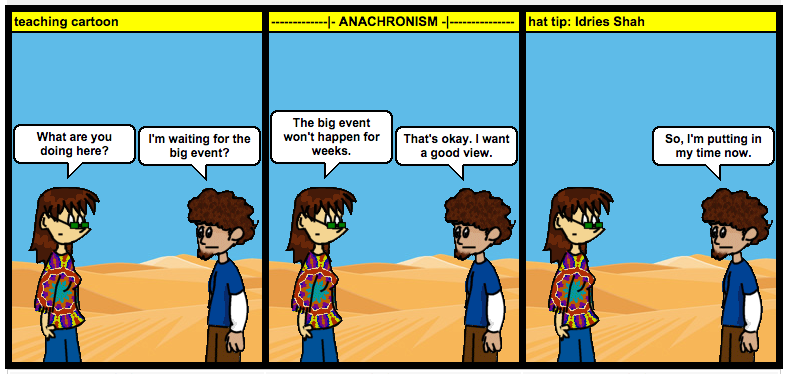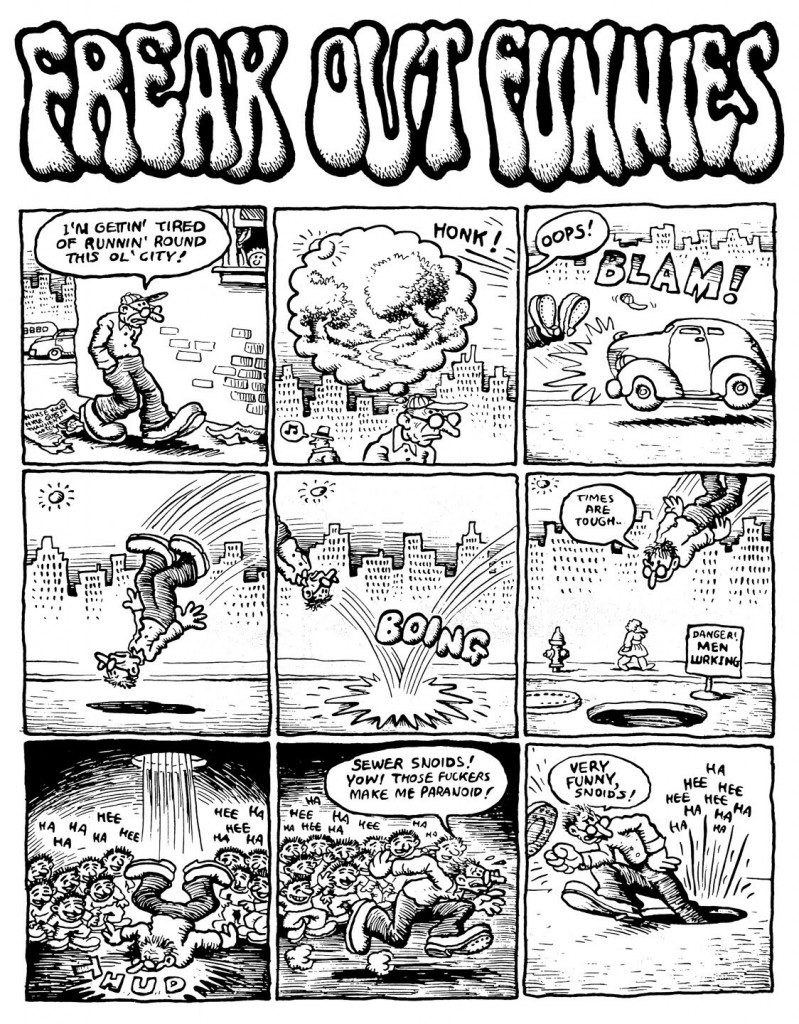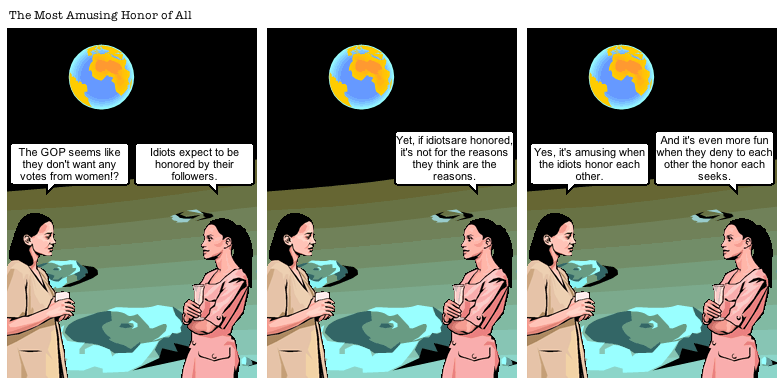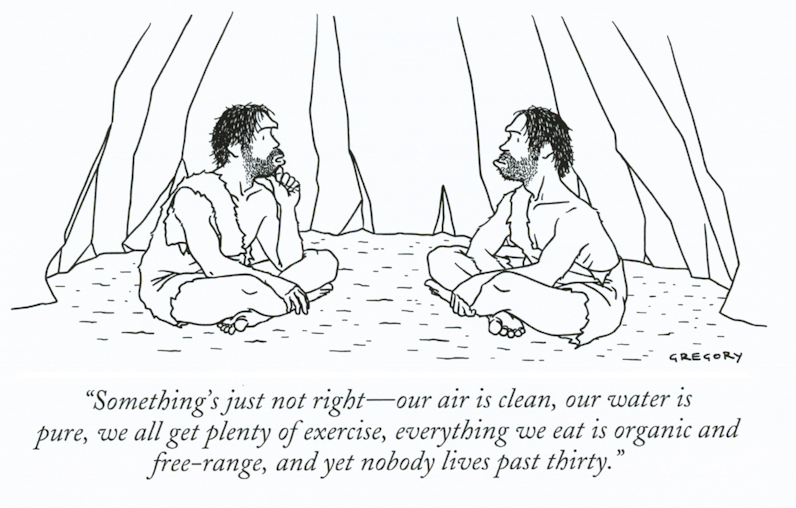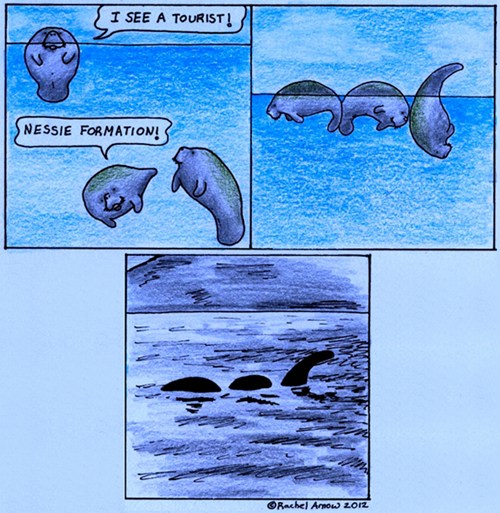(Gaston Bachelard, the phenomenology roundness; in: Poetics of Space) I should like to give an example of an image that is outside all realistic meaning, either psychological or psychoanalytical.
Without preparing us, precisely as regards the absolute nature of the image, Michelet says that “a bird is almost completely sphericaL” If we drop the “almost,” which moderates the formula uselessly, and is a concession to a view point that would judge from the form, we have an obvious participation in Jaspers’ principle of “round being.” A bird, for Michelet, [Jules Michelet, L’oiseau, p. 291.] is solid roundness, it is round life, and in a few lines, his commentary gives it its meaning of model of being.1 “The bird, which is almost completely spherical, is certainly the sublime and divine summit of living concentration. One can neither see, nor even imagine, a higher degree of unity. Excess of concentration, which constitutes the great personal force of the bird, but which implies its extreme individuality, its isolation, its social weakness.”
In the book, these lines also appear totally isolated from the rest. One feels that the author, too, followed an image of “concentration” and acceded to a plane of meditation on which he has taken cognizance of the “sources” of life. Of course, he is above being concerned with description. Once again, a geometrician may wonder, all the more so since here the bird is considered on the wing, in its out of-doors aspect, consequently, the arrow figures could accord
here with an imagined dynamics. But Michelet seized the bird’s being in its cosmic situation, as a centralization of life guarded on every side, enclosed in a live ball, and consequently, at the maximum of its unity. All the other images, whether of form, color or movement, are stricken with relativism in the face of what we shall have to call the absolute bird, the being of round life.
The image of being-because it is an image of being that appears in this fragment by Michelet is extraordinary for the very reason that it was considered of no significance. Literary criticism has attached no more importance to it than has psychoanalysis. And yet, it was written, and it exists in an important book. It would take on both interest and meaning if a philosophy of the cosmic imagination could be instituted, that would look for centers of cosmicity.
h/t Mike Dickman for sharing the cartoon on FB






